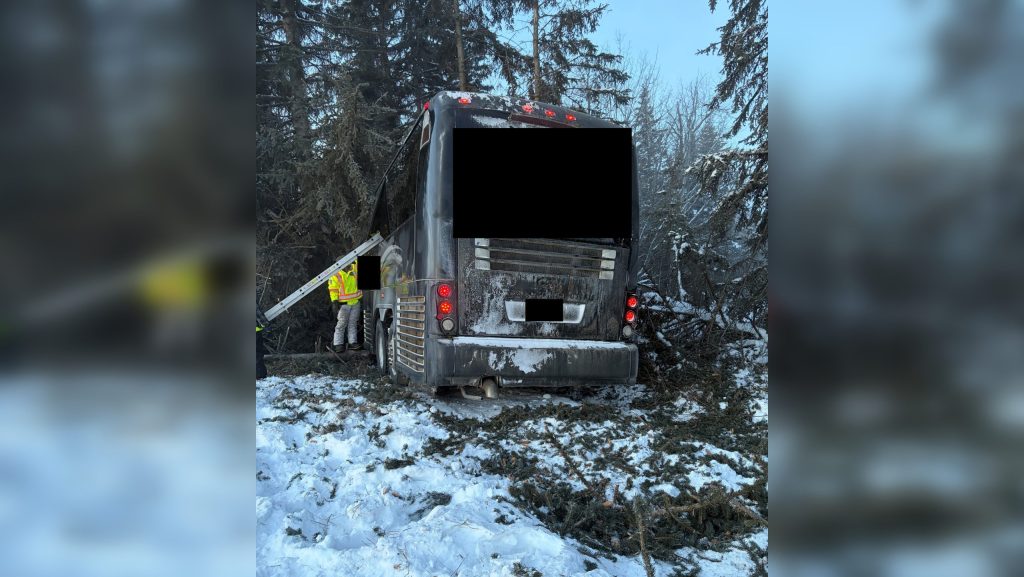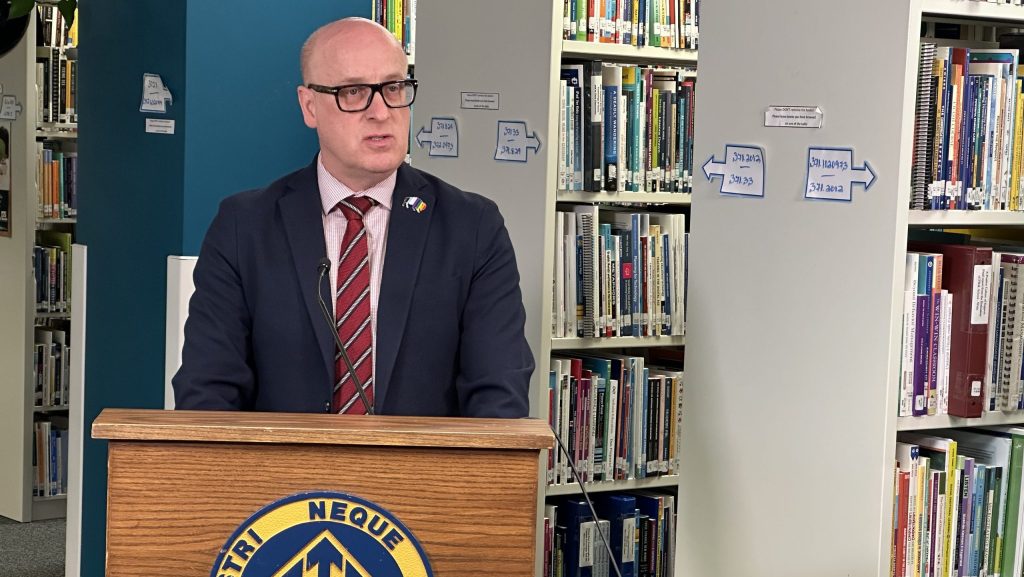Optional buyback program could see assault-style gun ban unravel, group warns
Posted May 14, 2020 2:00 am.
Last Updated May 14, 2020 6:29 am.
This article is more than 5 years old.
OTTAWA — A leading proponent of stricter gun control says allowing owners of recently banned firearms to keep them would make it easier for a different government to reverse the ban in future.
In a letter to Public Safety Minister Bill Blair, the group PolySeSouvient urges the Liberal government to implement a mandatory buyback program for all assault-style guns.
The Liberals outlawed a wide range of firearms early this month, saying the guns were designed for the battlefield, not hunting or sport shooting.
The ban covers some 1,500 models and variants of what the government considers assault-style weapons, meaning they can no longer be legally used, sold or imported.
The government proposes a program that would allow current owners to receive compensation for turning in the designated firearms or keep them through a grandfathering process yet to be worked out.
Sport shooters, firearm rights advocates and some Conservative MPs have questioned the value of the measures in fighting crime.
The Canadian Coalition for Firearm Rights says the ban affects hundreds of thousands of Canadians who have followed every rule and committed no offence.
Some have criticized the list of banned firearms as far from comprehensive, noting the omission of specific models.
In announcing the ban, Blair said the federal move will make Canadians safer by taking military-grade weapons intended to kill people out of circulation.
The ban was welcomed by PolySeSouvient, which includes students and graduates of Montreal’s Ecole Polytechnique, where a man shot and killed 14 women in 1989. But the group emphasizes in its letter sent to Blair this week that several mass shootings in Canada involved legally owned guns.
“Given that the government recognizes the inherent public safety risks associated with the availability of these types of weapons, it follows that each weapon that remains in private hands constitutes a risk,” says the letter.
“Moreover, in a scenario where a significant proportion of assault weapons remain in private hands, it would be much easier for a subsequent government to repeal the bans.”
Peter MacKay and Erin O’Toole, two of the better-known candidates for the federal Conservative leadership, have denounced the gun ban.
Mary-Liz Power, a spokeswoman for Blair, said the coming buyback program would be “fair and effective” but she did not provide details.
PolySeSouvient wants to see the new prohibitions, ushered in through regulation, embedded into law to complete the ban and render it permanent — something the Liberal government has signalled it will do.
It also calls on the Liberals to legislate a system of pre-authorization for guns to ensure only new models inspected and authorized by the RCMP can enter the Canadian market.
Blair has said the government plans to introduce legislation that will create a new evergreen framework for classification of firearms to ensure federal intentions can’t be easily overridden.
In the letter, PolySeSouvient urges the government to take several other steps, including:
— End the importation and manufacture of handguns;
— Give police officers easier access to commercial sales record data to help detect bulk gun purchases;
— Invest significant efforts and resources in strengthening the screening and monitoring of gun-licence applicants and licensed owners.
Power said coming legislation would empower police, doctors, victims of domestic abuse and families to be able to raise a flag on those who pose a risk to themselves or an identifiable group.
PolySeSouvient says the government must ensure that any new “red flag” law actually improves public safety.
Quebec already has such a law, but it is of little use, since even when police are aware of risk factors, they tend to lean towards the rights of gun owners rather than err on the side of public safety, the group says.
The planned legislation will also include stricter secure storage laws to help prevent the theft of firearms, Power said.
In addition, it would open the door to more resources and stronger penalties for police and border services officers to help stop the flow of weapons over borders and target the illegal trafficking of firearms, she said.
This report by The Canadian Press was first published May 14, 2020.
—Follow @JimBronskill on Twitter
Jim Bronskill , The Canadian Press








